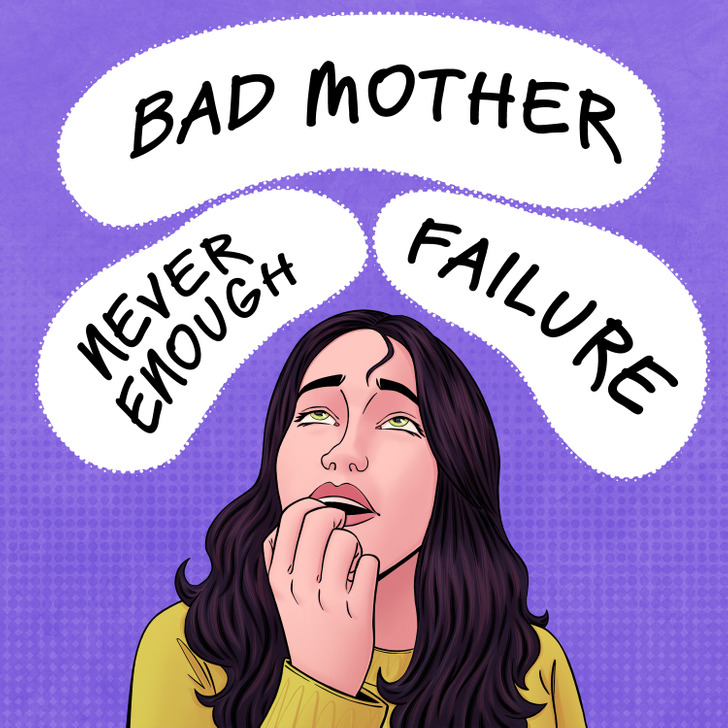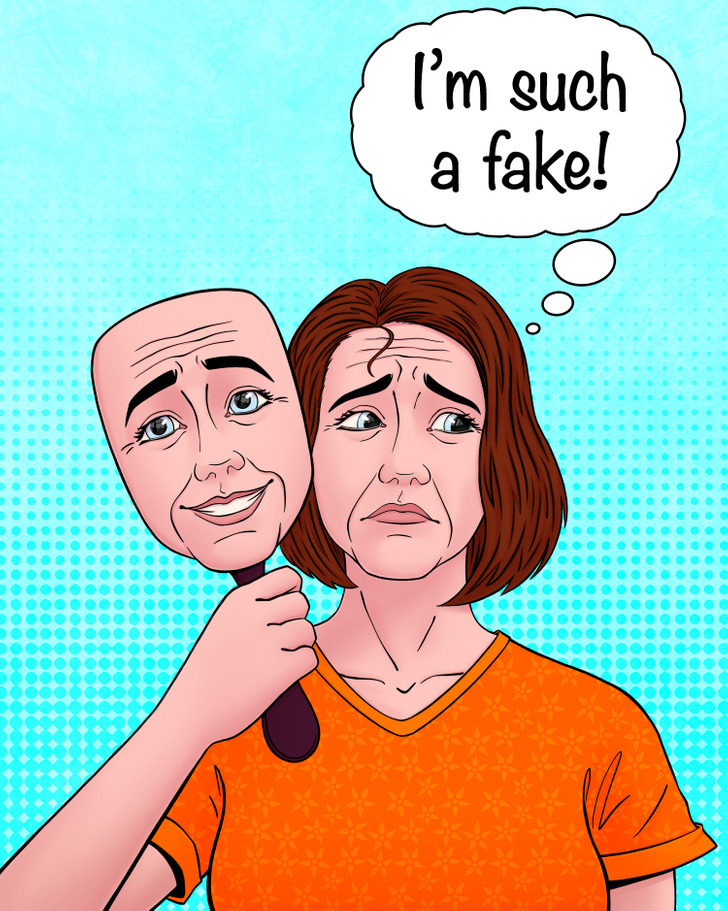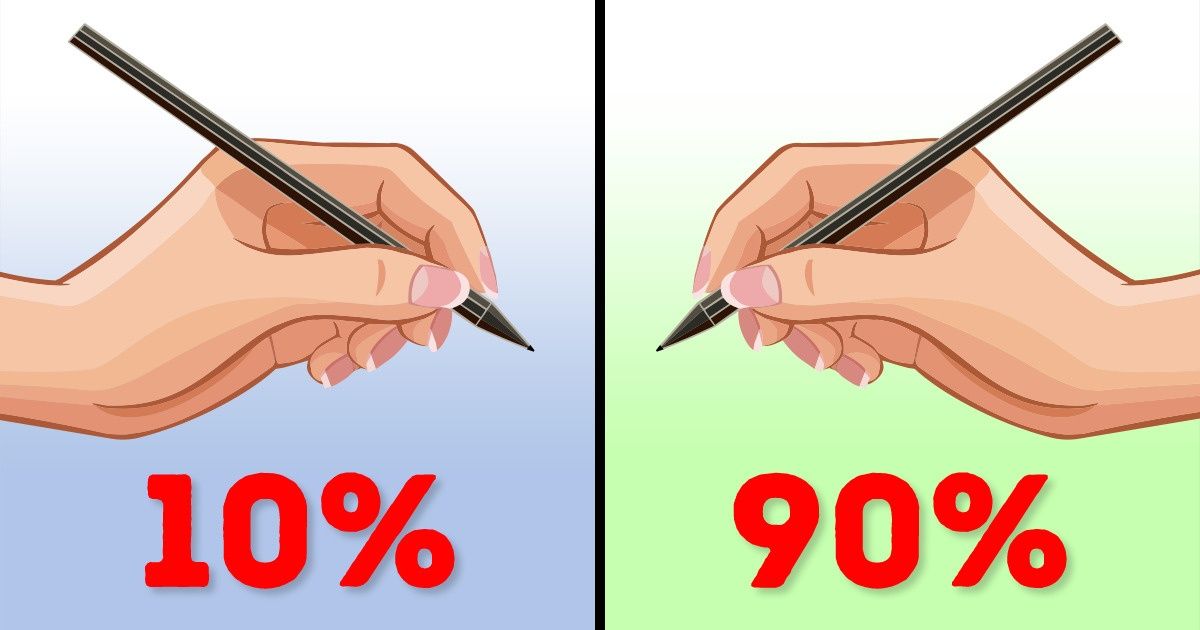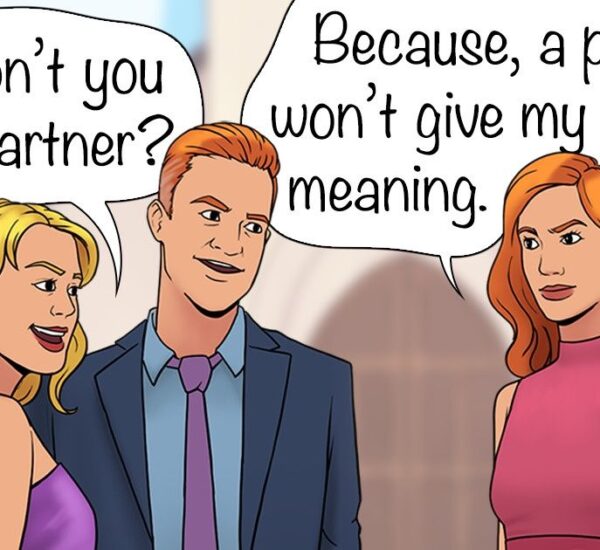Life is full of challenges, and what defines us is how we rise up to face them. However, along the way, there may be an intrusive feeling that makes us believe that we will not be able to do it or that we are a scam.
If you’ve ever felt this way, you may have something called imposter syndrome. But don’t worry, you’re not the only one. Statistics show that nearly 70% of people have felt this way at some point in their lives.
We care about your well-being and want to make sure that if you experience this, there is a way to fix it.
What Is Imposter Syndrome

That annoying voice in the back of your mind that says, “You’re not good enough.” “You are not worthy of others.” That unforgiving voice triggers your anxiety to the point where you begin to recognize it and believe it to be true. However, your only mistake here is believing that it is your voice, when in fact it is the impostor.
This phenomenon occurs when we attribute our achievements solely to sheer luck or the help of others. We may also feel that what we have achieved is not much and that others would have been more successful. Some people even believe that someone will find out that they are fake.
How To Tell If You Suffer From It

If you have ever caught yourself thinking or saying one of these phrases, you probably have it. Imposters often use “minimizing language,” meaning they lack the confidence to be assertive about what they want and acknowledge what they’ve accomplished.
They also struggle to accept any type of praise, giving others credit for their success or even failing to see it as anything of value.
Don’t Worry, You’re Not Alone

Your level of success is irrelevant in this situation, even some of the most intelligent and talented people in the world are sometimes considered complete failures. Albert Einstein felt that his work was being praised too much and he felt like a thief.
Best-selling novelist and the mind behind many detective stories, Agatha Christie believed that she was actually pretending to be someone else and did not consider herself a real author.
So if these prominent entrepreneurs, leaders, and celebrities see themselves as impostors, we know there are many more people who are second-guessing themselves.
How To Deal With Imposter Syndrome

As with everything in life, you have to commit to feeling better to really start feeling better. Don’t be overwhelmed by the number of things you can do, just take a breath and try one at a time:
Be open about how you feel. Sometimes we keep things bottled up, afraid of embarrassing ourselves or that others won’t sympathize with what we feel. Open up to your friends or join forums like this Reddit thread. Talking to other people can validate your feelings.
Try to be objective. This can be difficult, but try to separate how you feel from the facts. If someone is praising you or if you have received any type of recognition for your work, there must be a reason. Don’t underestimate yourself by ignoring real, palpable accomplishments.
Focus on the positive. When your mind starts to cloud with negative thoughts, make a list of the things you’ve done so far in life that you didn’t think you could accomplish. Always stay on the positive side of life!

Don’t break down when you make a mistake. This is hard too, but mistakes get in your way. You just need to know how to deal with those nagging thoughts that are trying to attack you and get you over the finish line.
If it doesn’t come naturally, just fake it. Eventually, you’ll start to feel like the true hero you probably are. But until you get there, accept all positive feedback about your work as validation. Tell that image in the mirror that is staring back at you that you deserve what you have, and risk being more assertive about what you want.
If you’ve made it this far, it means you care, just like everyone else. Did you feel seen with any of the phrases you read? Feel free to share your own experiences and any tips so we can all help each other.
Preview photo credit Fred Stein Archive/Archive Photos/Getty Images, Walter Bird/ Hulton Archive/ Getty Images


